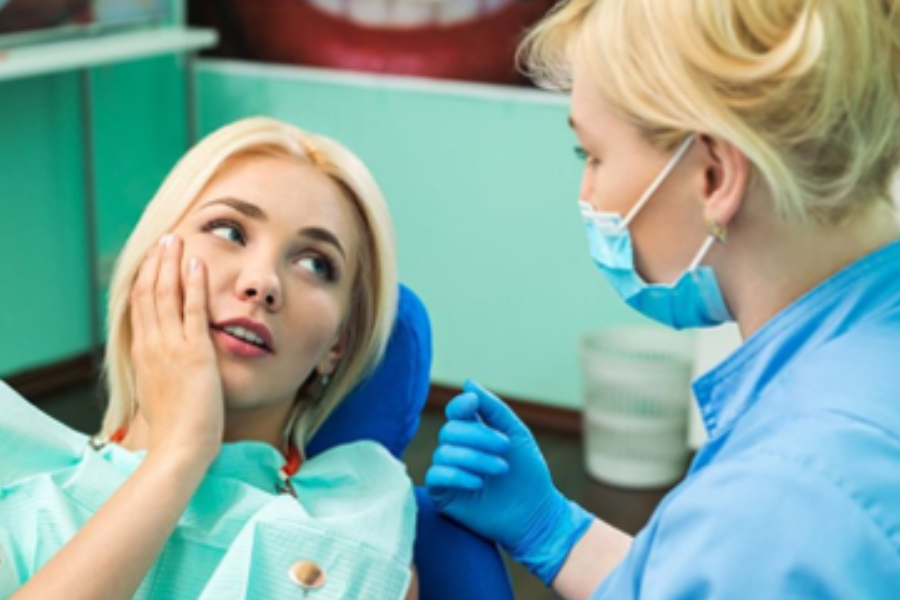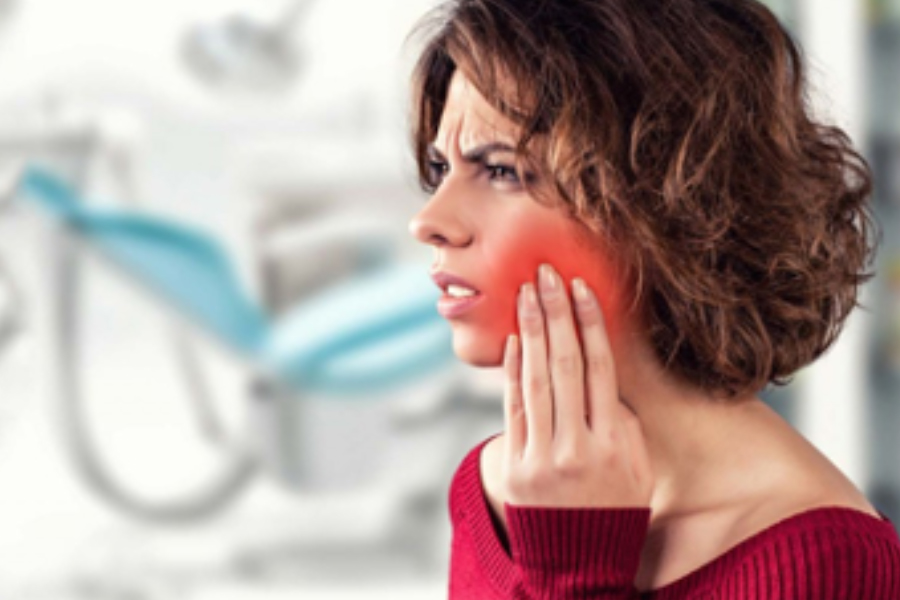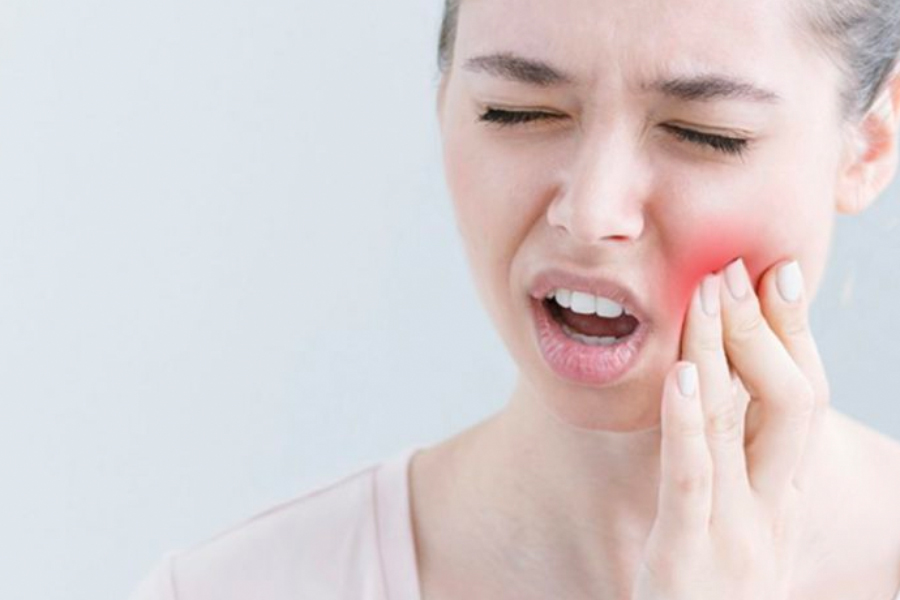Like any other type of emergency during our lives, dental emergencies also happen out of the blue and when you least expect them. They are pretty painful, and they may cause severe damage in most cases. But luckily, with significant improvements in dentistry science, dentists offer many emergency services to help you deal with your dental problems. If you realize that you are experiencing a dental emergency, it is necessary to call an emergency dentist as soon as possible. Sometimes people ignore treating their oral problems, which could increase the risk of permanent damage, and as a result, they may need more extensive and costly treatment later on. As a dentist working in emergency dentistry in Vaughan states, compared to men, women care about their dental situation more. As a result, they face dental emergencies less. By the way, you need to be familiar with real dental emergencies and learn what to do when you face them. If you react fast and know the right first-aid treatment, you can restore good oral health.

Different Types of Emergencies and Their Immediate Reactions
Toothache
Based on a Westminster emergency dentist, all dental emergencies should be treated as soon as possible, since some of them may require urgent dental care to prevent more complicated oral health problems. One of these dental emergency cases is a toothache. A toothache may start suddenly, and the pain is severe and persisting. Because of these reasons, it isn’t very pleasant. Luckily the pain is manageable, but keep in mind that certain signs like swelling should be paid more attention to. Some people are interested in using home treatment to relieve the pain but keep in mind that all the time, pain is the warning sign of diseases, especially tooth decay, and if you leave them untreated, it may cause severe damage. Avoid taking aspirin or any other pain killers because they may cause some damage to your gum and tissues. The best choice is to apply a cold compress to the outside of your cheek until visiting an emergency dentist.
Cracked or Chipped Teeth
It is true that teeth are incredibly strong, but there are different ranges of reasons that may cause them to crack or chip. As a dentist at emergency dentistry in Vancouver explains, anytime you suffer from unbearable dental pain or have a broken/chipped tooth, you must immediately call or visit an experienced emergency dentist. Biting down on excessively hard objects may result in broken teeth. The teeth affected by tooth decay are more likely to be injured or fractured. When your teeth become cracked or chipped, you should collect any fragments and preserve them in milk or water and try to see a dentist as soon as possible.
Lost Dental Restoration
Probably it happens for most people that their dental filling becomes loose or falls out. If this dental emergency happens to you, locate the filling in its place, rinse it, and take it to the dentist. Sometimes the restorations are temporary, and they become loose; it is necessary to place the temporary filling until the permanent one is completed.

Knocked-out Teeth
A knocked-out tooth is a really painful dental emergency and causes major cosmetic concerns, especially when it is one of your front teeth. As this emergency happens to you, it needs immediate responses within the first 30 minutes of an accident to save your natural tooth. A professional dentist can reattach your knocked-out tooth in its proper place. It is necessary to mention that you shouldn’t touch your tooth root. Pick up your teeth, rinse them and keep them in water or milk, then immediately go to the nearest emergency dental clinic.
Tooth Abscess
The main reasons for tooth abscesses are bacteria and infection. It has different symptoms involving pain, swelling, redness, and sensitivity to hot and cold. An abscess may cause life-threatening effects because the infection can spread from your tooth all over your body.
Bleeding Gums
Bleeding gum happens due to different chronic conditions. It mostly occurs when you are brushing or flossing your teeth, which indicates you have gingivitis or gum disease. On the other hand, mouth bleeding is a warning sign of other kinds of diseases, too, such as advanced gum diseases or even cancer. They are the probable result when you notice bleeding in your saliva. In some cases, mouth bleeding is expected, for example, after extraction procedures but keep in mind bleeding for several hours is dangerous, and you should refer to the dentist immediately.


